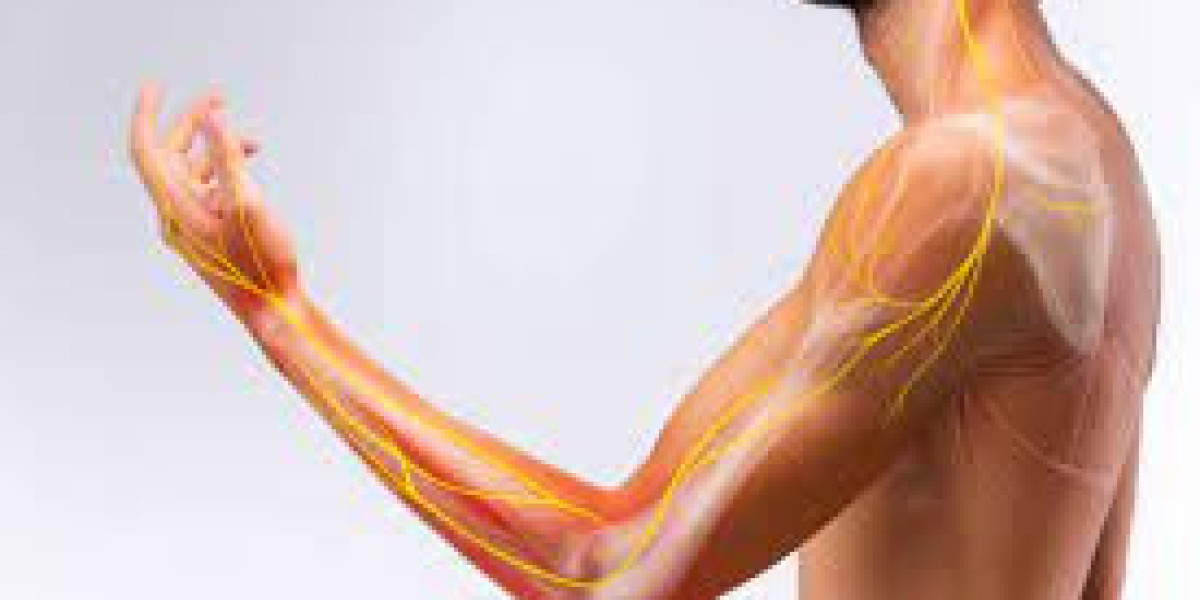Tip 1: Stay Active and Exercise Regularly
Benefits of Physical Activity
Staying active is one of the most effective ways to manage neuropathic pain. Regular exercise helps improve blood flow, reduce inflammation, and release endorphins, which are natural painkillers.
Recommended Exercises
Not all exercises are created equal when it comes to neuropathic pain. Low-impact activities like walking, swimming, and yoga can be particularly beneficial. These exercises are gentle on your joints and nerves while still providing the physical activity you need.
Tip 2: Maintain a Healthy Diet
Foods that Help Alleviate Pain
Your diet plays a crucial role in managing pain. Foods rich in omega-3 fatty acids, such as salmon and flaxseeds, can help reduce inflammation. Additionally, fruits and vegetables high in antioxidants, like berries and leafy greens, support nerve health.
Foods to Avoid
On the flip side, some foods can exacerbate neuropathic pain. Processed foods, sugary snacks, and excessive alcohol can increase inflammation and pain levels. It's best to avoid these to keep your pain under control.
Tip 3: Practice Stress Management Techniques
Impact of Stress on Neuropathic Pain
Stress and neuropathic pain are closely linked. High stress levels can worsen your pain, creating a vicious cycle that's hard to break.
Effective Stress Management Strategies
Practicing stress management techniques such as meditation, deep breathing exercises, and mindfulness can help reduce stress and, in turn, alleviate pain. Even simple activities like reading a book, listening to music, or taking a walk can make a big difference.
Tip 4: Ensure Quality Sleep
Importance of Sleep for Pain Management
Sleep is essential for overall health, especially when you're dealing with neuropathic pain. Poor sleep can increase your sensitivity to pain, making effective pain management even more challenging.
Tips for Better Sleep
To improve your sleep quality, establish a regular sleep schedule, create a relaxing bedtime routine, and make your sleeping environment comfortable. Limiting screen time before bed and avoiding caffeine in the afternoon can also help.
Tip 5: Use Medications Wisely
Types of Medications for Neuropathic Pain
There are various medications available to help manage neuropathic pain, including over-the-counter pain relievers, prescription medications, and topical treatments.
How to Use Medications Effectively
Always use medications as directed by your healthcare provider. It's important to follow their instructions closely to avoid side effects and potential dependency. Combining medication with other pain management strategies can also enhance their effectiveness.
Tip 6: Consider Alternative Therapies
Overview of Alternative Therapies
Alternative therapies can offer additional relief from neuropathic pain. These include acupuncture, chiropractic care, massage therapy, and herbal supplements.
Effectiveness of Different Therapies
The effectiveness of alternative therapies varies from person to person. Acupuncture and chiropractic care, for instance, have been shown to provide significant relief for some people. It's essential to consult with a healthcare provider before starting any new therapy to ensure it's safe for you.
Tip 7: Stay Informed and Educate Yourself
Importance of Knowledge in Pain Management
Knowledge is power when it comes to managing neuropathic pain. Understanding your condition, treatment options, and the latest research can help you make informed decisions about your care.
Reliable Sources of Information
Look for information from reputable sources such as medical journals, trusted health websites, and your healthcare providers. Avoid relying on anecdotal advice or unverified online sources.
Tip 8: Build a Support System
Benefits of a Support System
Having a strong support system can make a significant difference in managing neuropathic pain. Emotional support from friends, family, and support groups can provide comfort and motivation.
How to Create a Support Network
Start by communicating openly with your loved ones about your condition and needs. Joining support groups, either in person or online, can also connect you with others who understand what you're going through.
Conclusion
Living with neuropathic pain is challenging, but by incorporating these eight essential tips into your daily routine, you can improve your quality of life. Stay active, eat well, manage stress, prioritize sleep, use medications wisely, consider alternative therapies, stay informed, and build a support system. Remember, you're not alone in this journey, and there are many resources and people ready to help you.

















